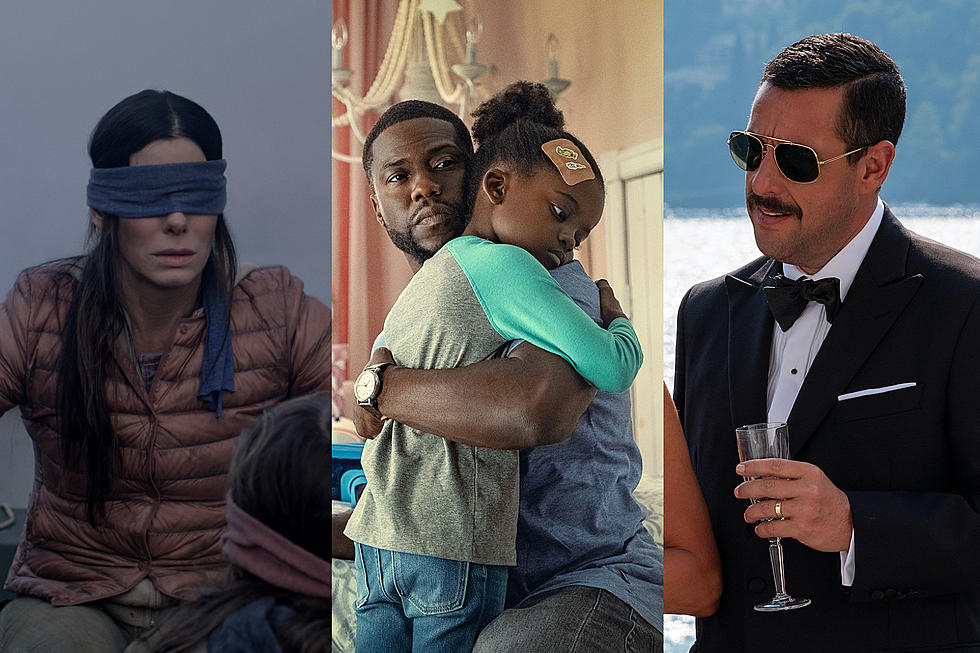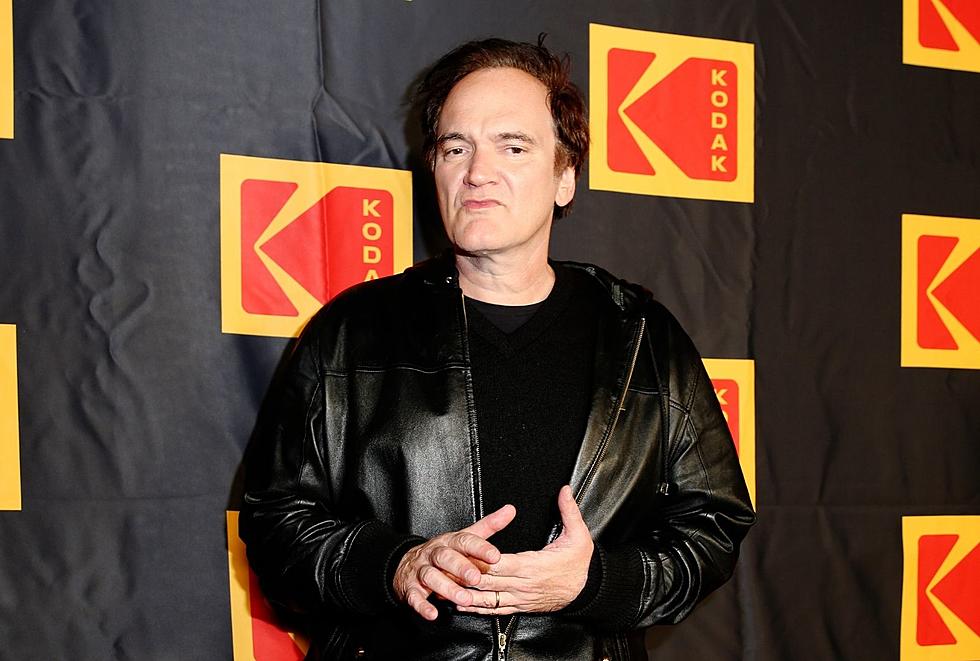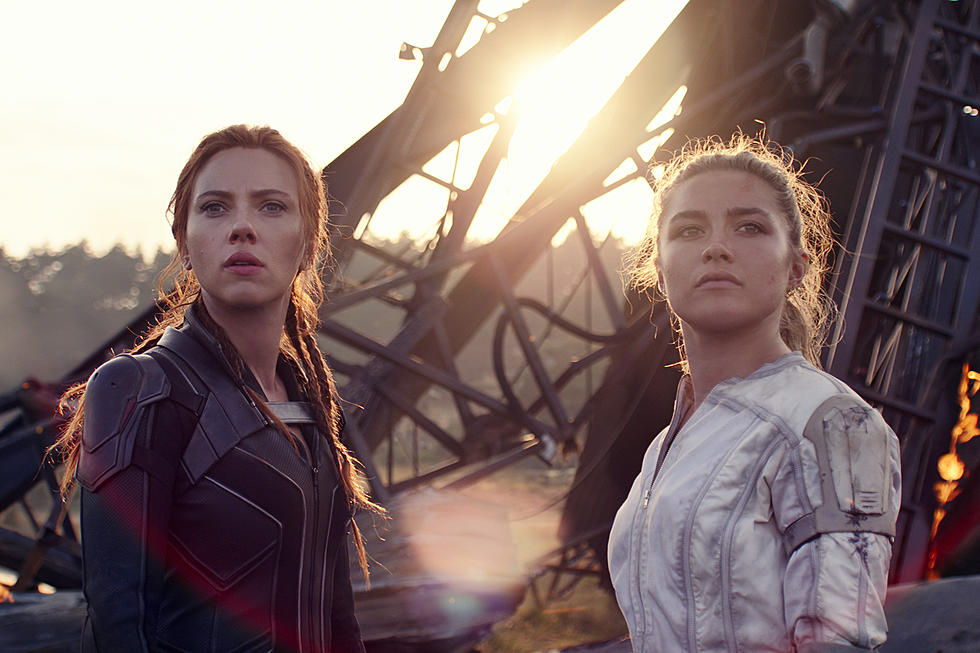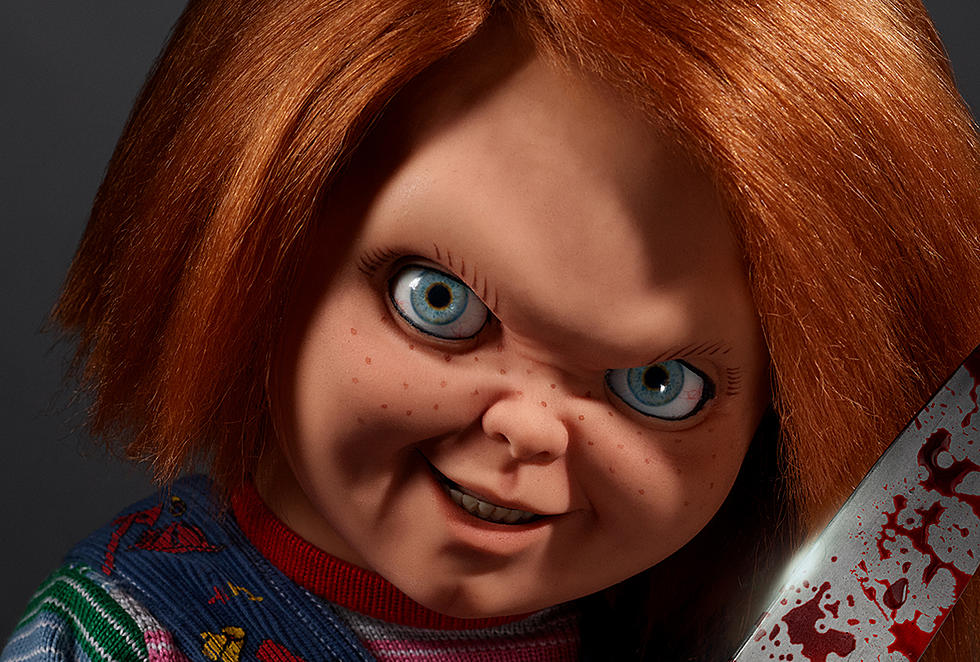
John Cho Says ‘No More Mr. MILF Guy’
There tend to be indicators. Clear pop-cultural forecasts of where we’re headed, elucidations of the potential future status quo that say, “it’ll probably end up like this, at least for a little while.” They can be inverted or invented, bent and spun to back up any side of an argument. But they nevertheless exist.
So here are two: A Very Harold And Kumar 3D Christmas and its Harold, 39-year-old actor John Cho. Among the things celebrated in this film: accidental drug use by a baby (weed, coke, ecstasy) due to parental negligence; fake homosexuality as a ploy for sexual assault; violence; betrayal; grotesque irresponsibility and flagrant disassociation from guilt, blame and shame. And at the center of it: Cho’s Harold, your average post-racial (nee Asian-American) businessman striving to live the life he thinks he should be living, by trampling over whatever lifelong friendships and 99-percenters he has to in order to obtain this pre-fab notion of success.
Just in case you’re unfamiliar with the H&K franchise (this is the third and likely final installment, but more on that later), you may also know John Cho as the guy who made the term ‘MILF’ a household name, via the original American Pie movie, a role he’ll revisit again this spring with American Reunion. So trust me when I say with the utmost sincerity that all these things add up to one conclusion: John Cho is a phenomenal example of what a man should be today, a stellar indicator of where we’re headed as a culture and proof that Hollywood isn’t out of new ideas. Now, I could see why you’d try to spin the aforementioned facts into a totally different argument, but that’s because you don’t know John Cho.
The first-generation son of a Korean minister, Cho was born in Seoul but grew up in Los Angeles. He went to college (Berkeley) and graduated with a degree in English, no job prospects and total insecurity about the future. As for his entry into the thespian arts, Cho had a friend who was directing a play; someone dropped out, and Cho fit the costume. (“Honestly, this is the way I remember it,” he tells me over the phone, “although I’ve been told it sounds fake.”) After graduation, Cho put his English degree to a noble cause: education. He started teaching middle school while attempting to pursue a passion for acting. Eventually, acting won out, and he dedicated his life to it. After some roles in television, e.g. Pamela Anderson’s VIP in ’98 (“a very important part of television history,” according to Cho), he read for eight “little inconsequential roles” in an upcoming film, American Pie (1999), and landed the part of MILF Guy #2.
Back when Cho was drooling over Stifler’s mom, Asians were still typecast, as TK. But the three H&K movies — Harold & Kumar Go to White Castle, Harold & Kumar Escape From Guantanamo Bay and Christmas — helped eradicate those Hollywood stereotypes over the past eight years, pushing the boundaries of comedy until race became a non-issue. Laughs started to come first. This is highly evident in almost all mainstream comedies today, on TV and in film, with skin color, creed and weight class becoming as irrelevant to the jokes as to the people who are telling them.
So let’s see where we’re at. We’ve got Cho as a hard-working son of immigrants pursuing the American dream, an educator to the youth and an ambassador for post-racial America. Not bad for a MILF Guy #2.
But these weighty career accomplishments beg the question: What’s next?
This past winter’s 3D Christmas marked the end of Cho’s contractual involvement in the Harold and Kumar franchise. Is he relieved to be able to close this chapter, move upward and onward? “There are certain things you can’t do because you’re under contract, and it can disrupt your life,” says Cho. “But on the other hand, it’s nice knowing that there’s something in the future, that you’ll have a job. And [acting] is a rather nomadic lifestyle, so it’s cool to work with people repeatedly. It’s a little bittersweet, knowing that [Christmas] may be the last one. I’d prefer to think it’s not the last one. Maybe in 15 years we’ll do another.” So Cho’s a lover of community, an optimist who’s accountable and reliable. Noted.
The end of Harold is by no means the end of Cho. He recently starred in Star Trek and will revisit his role of Hikaru Sulu in the not-too-distant future sequel. He’ll also revise the part of McClane in the remake of Total Recall, opposite Colin Farrell, Kate Beckinsale and Jessica Biel. (It’s worth noting that the original McClane was not Asian, in case you needed more evidence on Cho’s effect towards racial disambiguation.) Plus not to re-mention American Reunion. Does this mean that Cho is just another cog in the awful Hollywood machine of unoriginal remakes and franchises? Is he a defensive, money-hungry drone? Not so much.
“It could be a little hypercritical of me, but I do think the film industry is in a bit of turmoil, that they’re grasping at straws,” says Cho. “And what they’re looking for is recognizable brand names. I feel like the search for the brand is careening out of control a little bit. I think it’s legitimate to try and build franchises, and as a viewer, I have affection for franchises. I’m a person who grew up watching Rocky and I loved the Back to the Future movies, Indiana Jones and Star Wars — that’s my childhood. So I happen to have affection from the vantage point of the audience anticipating another sequel. It’s a well known fact that people enjoy hearing stories the second, third and fourth time. And I get excited knowing I’m a part of something that people have been waiting for.”
Though his upcoming work in Recall and Star Trek aren’t comedic roles, Cho has also recently worked on groundbreaking cult comedies like American Dad!, Children’s Hospital, 30 Rock and NTSF:SD:SUV. “It just seems like there’s something almost noble about comedy. You’re always thinking about what will make people laugh. It’s much less about ‘What do I want to say with this piece?’ and instead ‘What do they want?’ I find that very noble. Because it’s a version of selflessness. That’s what I like about comedies: sitting around and thinking about the audience member.”
But what about the elephant in the room: the yaked-out baby. I mean, come on. “That’s the part of the script I was least comfortable with,” he says. “I have a kid myself and I thought, ‘Oh God, this is going to freak some people out.’ It was very uncomfortable for me watching it.
“But if I’m going to take a stab at [explaining] it,” Cho continues, “it would be that with the proliferation of different kinds of comedy, it does seems like there has been a step towards the absurd. It seems like the baby getting high thing is extra narrative. It’s in a competition with a bunch of other movies that you’re not currently seeing, you know.”
Cho’s hopeful future project is a personal one: he wants to make a television series based on the hardships of his parents’ generation, their difficult lives in Korea that drove them to uproot and seek new lives in America. “You know, in some ways I feel like my career hasn’t necessarily represented me,” he says.
So, to top it all off, this father, teacher, actor, family man, and thinker has the greater good of his heritage on the docket. A damn fine example of what a man should be.
(This article originally appeared in the Spring 2012 issue of ANTENNA.)
More From Antenna Mag









